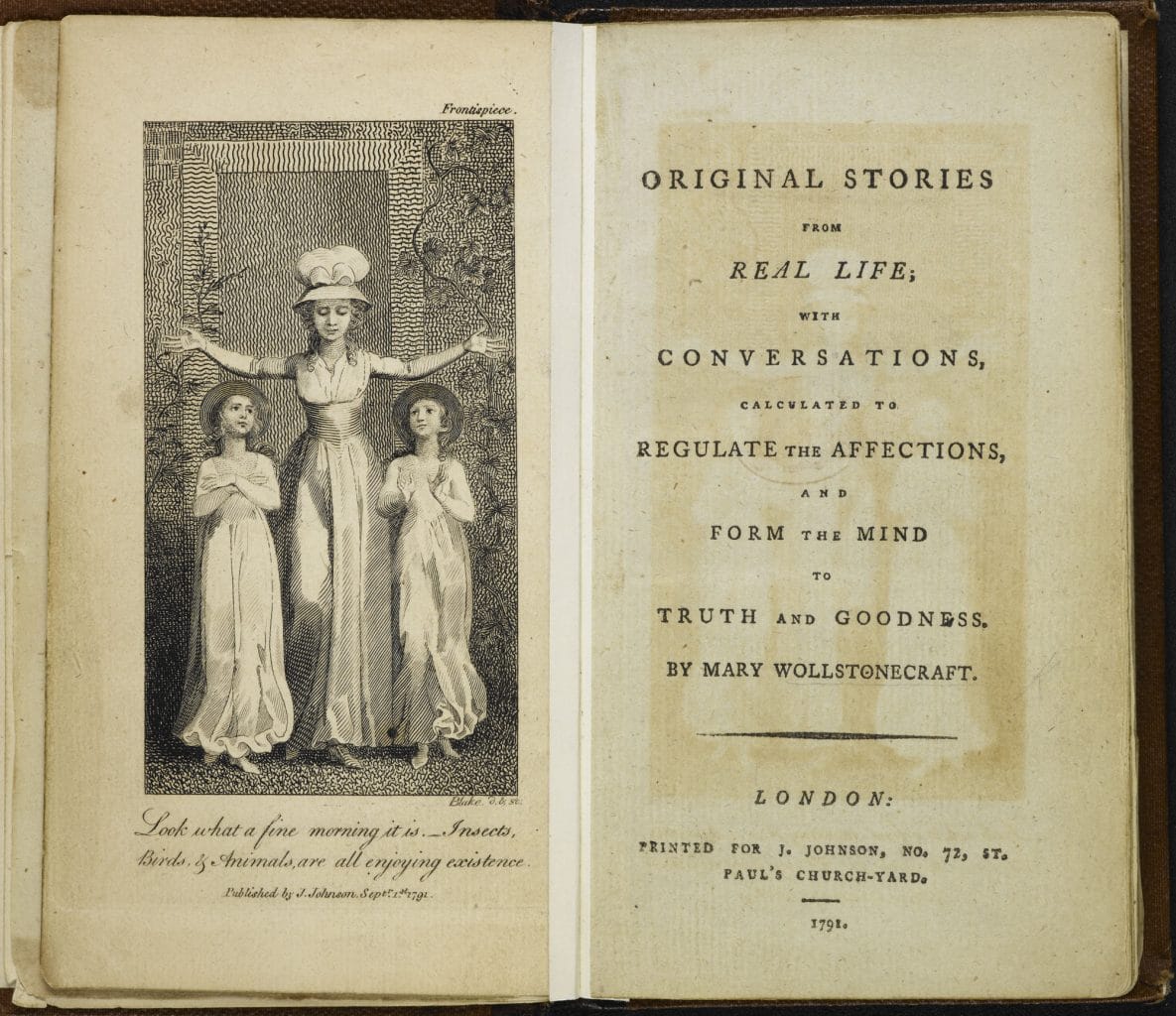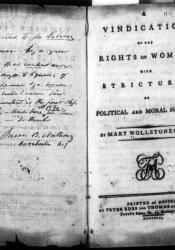

That perspective has recently been debunked by multiple scholarly articles and biographies. In terms of the reception of the work, most students and scholars commonly assume-derroneously-that it received mostly hostile reviews. I intend to finish the next volume before I begin to print, for it is not pleasant to have the Devil coming for the conclusion of a sheet fore it is written.” – Do not suspect me of false modesty – I mean to say that had I allowed myself more time I could have written a better book, in every sense of the word. She dedicated the volume to Charles Maurice Talleyrand-Périgord, whose recently delivered speech on education to the National Assembly in France had suggested that women must only concern themselves with domestic affairs and stay out of the political arena.Īs she rushed while writing the text, she worried that she did not do the subject justice when she presented the work to her publisher, and indeed, planned on writing a second volume but never did so she wrote to her friend William Roscoe, “I am dissatisfied with myself for not having done justice to the subject.

Her Vindication of the Rights of Woman continued these themes and applied them to women.

Wollstonecraft averred that rights cannot be based on tradition, only reason and rationality. Burke was one of many British writers and polemicists who entered the impassioned dialogue on the French Revolution, but his work was particularly galvanizing to people like Wollstonecraft and Thomas Paine for its espousal of the view that citizens should not rebel against their government in order to revolutionize its traditions.

Wollstonecraft’s first major work, The Vindication of the Rights of Man (1790), was a response to Reflections on the Revolution in France (1790) by Edmund Burke. Nineteenth-century American feminists revered its author as their founding mother and read and spoke about her works ubiquitously. Mary Wollstonecraft’s Vindication of the Rights of Woman, published in 1792, is often referred to as the founding text or manifesto of Western feminism.


 0 kommentar(er)
0 kommentar(er)
